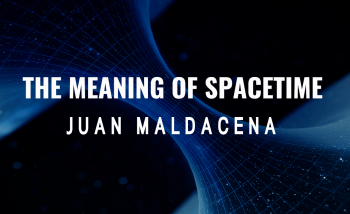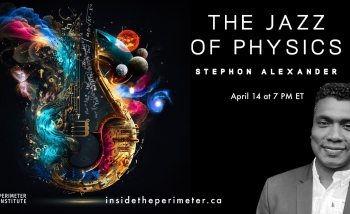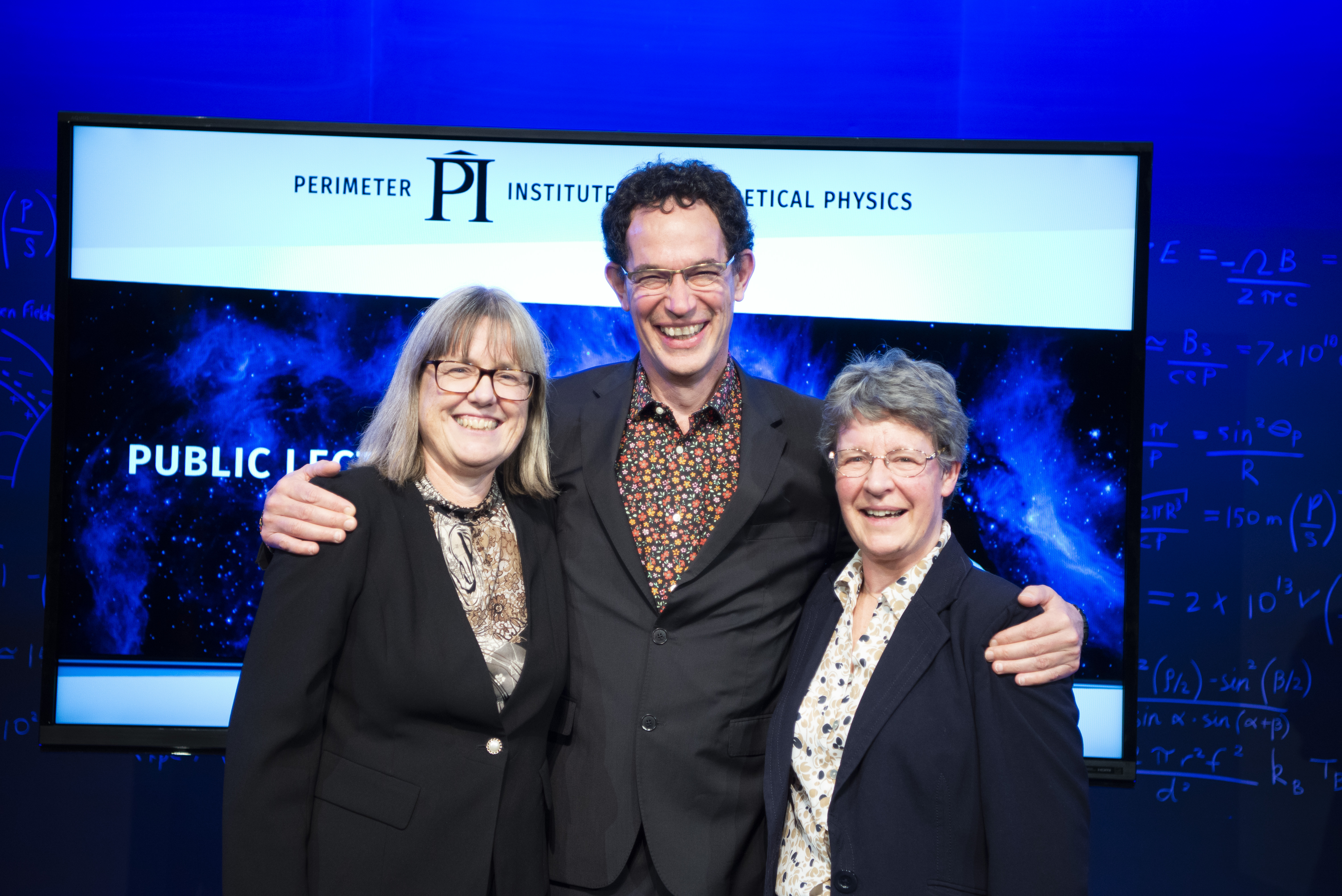Perimeter Institute has announced seven new postdoctoral fellowships, named after exceptional researchers whose work epitomizes the promise and potential of early-career scientists.
Perimeter Director Neil Turok announced the fellowships before an October public lecture by astrophysicist Jocelyn Bell Burnell, with Nobel Prize winner Donna Strickland in the audience.
Both women, he said, were shining examples of the brilliance and potential of young scientists.
“Both Jocelyn and Donna made breakthrough discoveries as graduate students,” he said. “Jocelyn discovered neutron stars, which are now providing us with a giant natural physics lab in the sky. Donna developed chirped pulse amplification, a revolutionary method of compressing laser light with wide application from physics to medicine to industry.”
It is such youthful energy and adventurous spirit that the seven new fellowships aim to support and inspire. Three of the fellowships had already been awarded to the inaugural recipients, and applications remain open for the other positions.
The fellowships are:
- The Francis Kofi Allotey Fellowship, named for a Ghanaian mathematical physicist who made pioneering contributions to soft X-ray nuclear spectroscopy. Fellowship awarded to Estelle Maeva Inack.
- The Jocelyn Bell Burnell Fellowship, named for the Northern Irish astronomer who discovered pulsars, won the 2018 Special Breakthrough Prize in Fundamental Physics, and is a passionate advocate for minorities in science.
- The Yvonne Choquet-Bruhat Fellowship, named for a French mathematical physicist best known for her applications of analysis to partial differential equations and differential geometry.
- The Stephen W. Hawking Fellowship, named for the famous English cosmologist whose pioneering work on gravity shaped modern cosmology.
- The P. James E. Peebles Fellowship, named for a Canadian-American cosmologist whose contributions to science include the formation of light elements and the cosmic microwave background radiation. Fellowship awarded to Mathew Madhavacheril.
- The Chien-Shiung Wu Fellowship, named for the Chinese-American nuclear physicist whose work laid the foundation for the modern theory of the weak interaction and the Standard Model of particle physics.
- The Yakov B. Zel’dovich Fellowship, named for a Belarusian physicist who made prolific contributions to cosmology, astrophysics, physical chemistry, and hydrodynamical and electromagnetic phenomena. Fellowship awarded to Zhen Pan.
About PI
Perimeter Institute is the world’s largest research hub devoted to theoretical physics. The independent Institute was founded in 1999 to foster breakthroughs in the fundamental understanding of our universe, from the smallest particles to the entire cosmos. Research at Perimeter is motivated by the understanding that fundamental science advances human knowledge and catalyzes innovation, and that today’s theoretical physics is tomorrow’s technology. Located in the Region of Waterloo, the not-for-profit Institute is a unique public-private endeavour, including the Governments of Ontario and Canada, that enables cutting-edge research, trains the next generation of scientific pioneers, and shares the power of physics through award-winning educational outreach and public engagement.
You might be interested in




